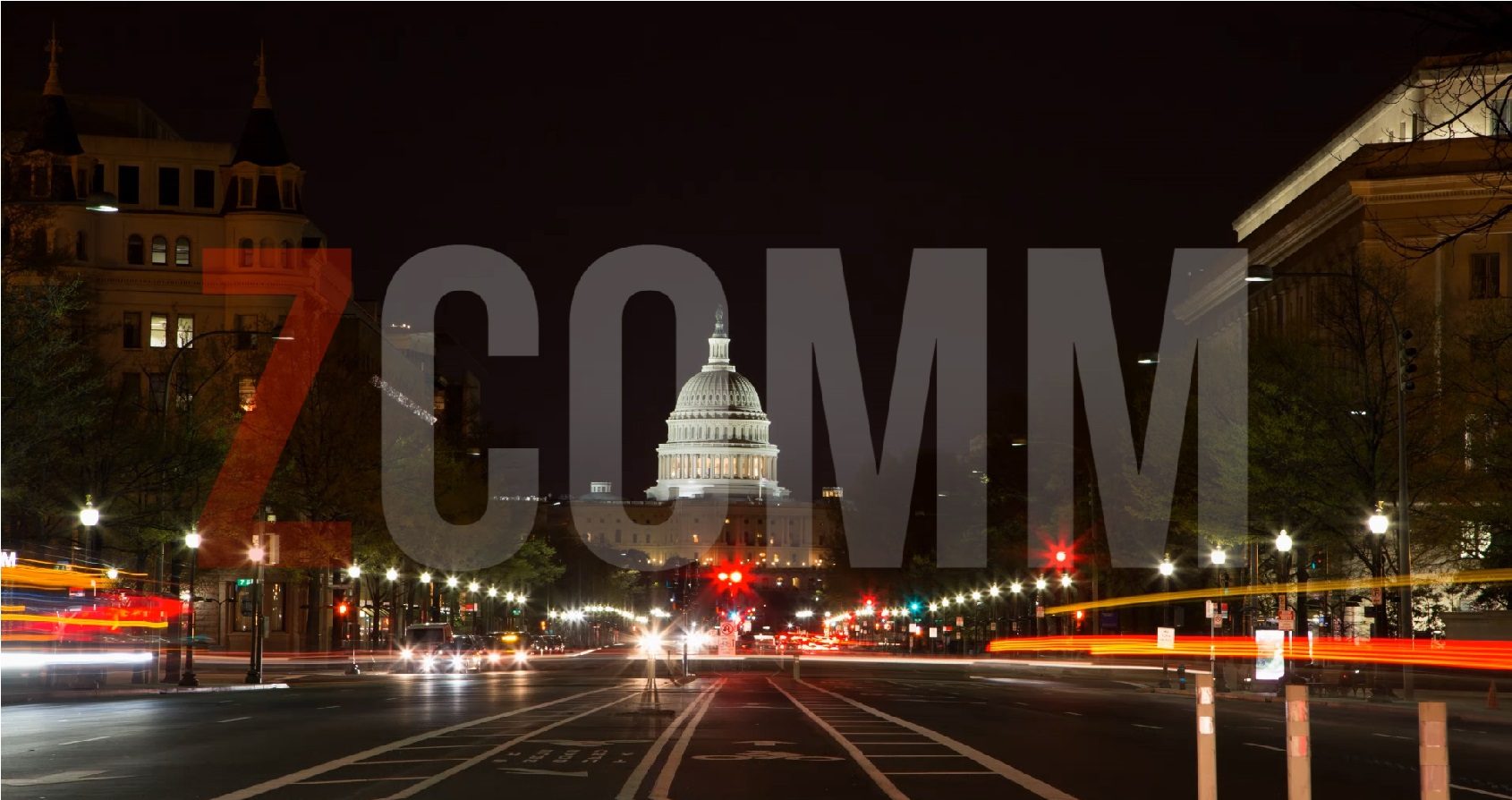Last week, newsrooms across the country were recognized for their tireless crusade to uphold the first amendment. As Pulitzer Prize winners were announced, journalists took a momentary break from their busy days consumed by interviews and press conferences to celebrate their colleagues’ diligent work to hold those in power accountable, inform the public and report the truth. In a time when journalists in other parts of the world are being silenced, jailed and killed, the Pulitzers remind us the importance of hard-hitting journalism. Sure, journalists here are vilified as enemies of the people and comprehensive investigative reporting besmirched as fake news, but freedom of the press is woven into the fabric of our country, and every year, we take a moment to honor those journalists who persisted to tell us all a story worth being heard.
The stories that earned recognition this year span tragedies and scandals, genocides and war. They shed light on the grimmest facets of human behavior, on the terror and violence and criminality that could so easily be ignored. Without these stories, without the tireless reporting, the digging through FOIA requests, the repeated phone calls and emails, we would be left in the dark. With the announcement of the Pulitzers, we thank those who expose themselves to death and lawlessness so that we don’t have to.
Listed below are the categories and their respective winners. Be sure to click on the links and explore some of the best stories of 2018.
Public Service
The South Florida Sun Sentinel won the most prestigious category of the Pulitzers for their unflinching reporting of the massacre of 17 people at Marjory Stoneman Douglas High School and its aftermath. The paper uncovered failures of school and law enforcement officials preceding and following the attack.
It’s also worth mentioning that, before the winners were announced, Dana Canedy, the administrator of the Pulitzers, took a moment to commend the journalists of the Eagle Eye, Marjory Stoneman Douglas High’s student newspaper, who submitted the obituaries of their own classmates and teachers.
Breaking News Reporting
The Staff of the Pittsburgh Post-Gazette also responded swiftly and solemnly to tragedy, as the entire newsroom worked together to report on the shooting at the Tree of Life synagogue. Their coverage paid tribute to the lives lost, recounted the survivors’ experiences and examined the community’s resilient response.
Investigative Reporting
Matt Hamilton, Harriet Ryan and Paul Pringle of the Los Angeles Times won this category for their reporting on a USC gynecologist accused of gross misconduct in this treatment of hundreds of young women spanning a quarter-century.
Explanatory Reporting
David Barstow, Susanne Craig and Russ Buettner of The New York Times spent 18 months investigating President Trump’s finances. Their findings contradicted his claims that he was a self-made billionaire and led city and state officials in New York to open investigations into Mr. Trump’s alleged tax fraud.
Local Reporting
The staff of The Advocate of Baton Rouge, LA investigated a Louisiana law that allowed juries to convict defendants without a consensus. In the state’s Constitution, the law is described to perpetuate “the supremacy of the Anglo-Saxon race in Louisiana.” The Advocate’s reporting led Louisiana voters to amend their Constitution to require unanimous verdicts.
National Reporting
The staff of The Wall Street Journal won this Pulitzer for their reporting on President Trump’s hush money payments to Stormy Daniels and Karen McDougal during his presidential campaign. This reporting generated talk of impeachment, criminal investigations and ultimately, arrests.
International Reporting
This prize was given to two entrants: Maggie Michael, Maad al-Zikry and Nariman El-Mofty of the Associated Press and the Reuters staff, including contributions from Wa Lone and Kyaw Soe Oo. The AP journalists conducted a yearlong series unveiling atrocities of the war in Yemen, bringing attention to the humanitarian crisis intertwined with American interests.
The Reuters staff meanwhile exposed the systematic expulsion and massacre of Rohingya Muslims by the Buddhist military and civilians in Myanmar. Lone and Soe Oo were arrested for their reporting of this genocide and the journalists remain in prison.
Feature Writing
Hanna Dreier of ProPublica wrote a series documenting the shattered lives of Salvadoran immigrants on Long Island after a mishandled federal crackdown on the MS-13 gang. Her narratives brought attention to the effects of gang violence on immigrant communities, contradicting President Trump’s anti-immigration rhetoric and fear-mongering.
Commentary
Tony Messenger of the St. Louis Post-Dispatch won this prize for his columns exposing how poor Missourians charged with misdemeanor crimes were forced to pay excessive fines or go to jail. Based on his reporting, the Missouri Supreme Court ruled the practice illegal, yet Messenger argues that the fees persist.
Criticism
Carlos Lozada, The Washington Post’s non-fiction book critic, won this award for his thoughtful but cutting criticism on American identity in the era of Trump.
Editorial Writing
Brent Staples of The New York Times was awarded this prize for his editorials on racial justice and culture. His writing brought clarity and truth to a piece of the country’s narrative that has been looked over throughout history.
Editorial Cartoonist

Freelance cartoonist Darrin Bell made history as the first African American winner of this category. He was recognized for his politically and racially poignant cartoons bluntly calling out the Trump administration for its lies, hypocrisy and fraud.
Breaking News Photography

The photography staff of Reuters won this category for their documentation of migrants making the journey from Central and South America to the U.S. border. They tell a humanizing story of urgency and desperation, a contradicting image to the alarmist rhetoric behind the caravan.
Feature Photography

Lorenzo Tugnoli of The Washington Post won the final category for his visual storytelling of the famine in Yemen. His photos captured the devastating and deathly consequences of the country’s civil war.
